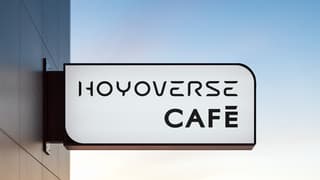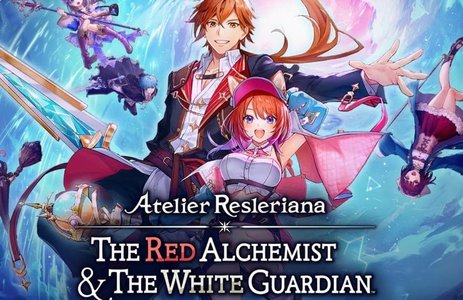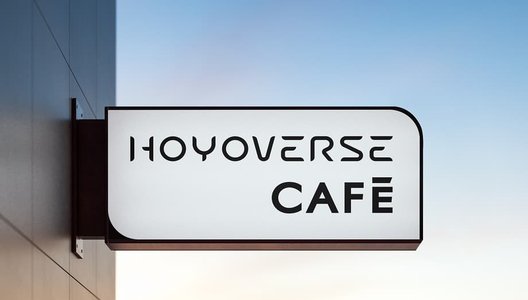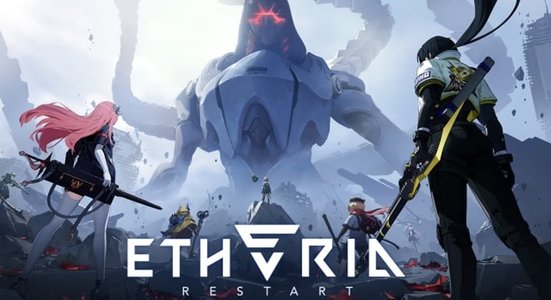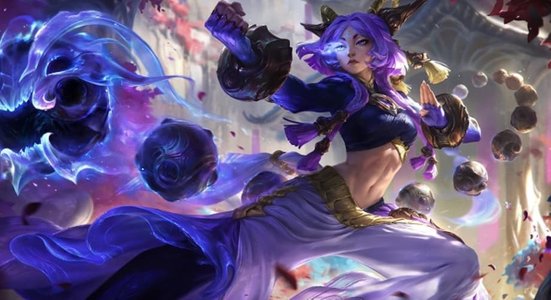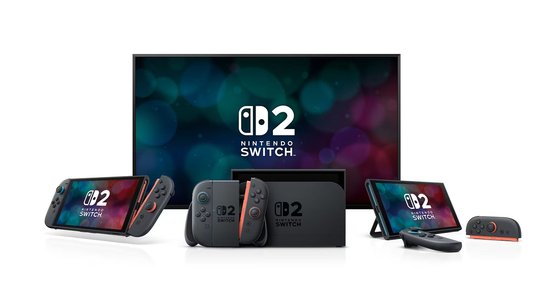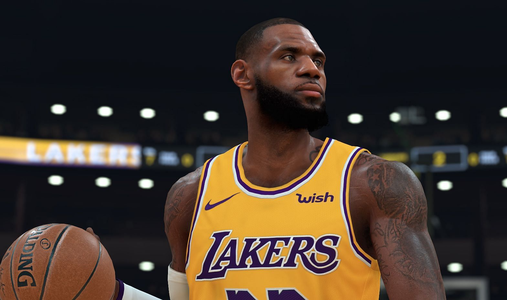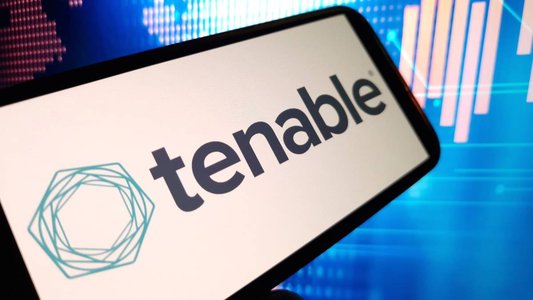Despite the majority of those who play video games being opposed to loot boxes and the like, they persist and have unfortunately made themselves a staple of the industry at this point.
The biggest games and franchises in the world such as Fortnite Call of Duty, FIFA, and many more include a plethora of in-game purchases.
Thankfully, some developers have come to their senses and ceased including such content in their games — Psyonix being a notable example of this with Rocket League. What's more, the Entertainment Software Ratings Board (ESRB) has finally acted and introduced a new label in order to indicate that a game includes "In-Game Purchases" and "Random Items" (meaning loot boxes).
#ESRB will begin assigning a new Interactive Element, In-Game Purchases (Includes Random Items).
— ESRB (@ESRBRatings) April 13, 2020
Find out more in our new blog: https://t.co/LPhd5rl7VL pic.twitter.com/nO6p8r1yYJ
Unfortunately, many parents of young gamers aren't aware of the nefarious practices that some games make use of in order to entice players into purchasing premium content with real-life currency.
This is an effort to quell that issue and it's very appreciated.
Here's an excerpt from the ESRB's new blog; "Recent research shows that less than a third of parents have both heard of a loot box and know what it is. “Loot box” is a widely understood phrase in and around the video game industry and among dedicated gamers, but most people less familiar with games do not understand it."
This is undoubtedly a step in the right direction but many have taken issue with the vague wording that the ESRB has come up with — opting for "Random Items" over "Gambling." Given the research that they themselves mention, you would think it would be worth being as clear and illuminating as possible.


